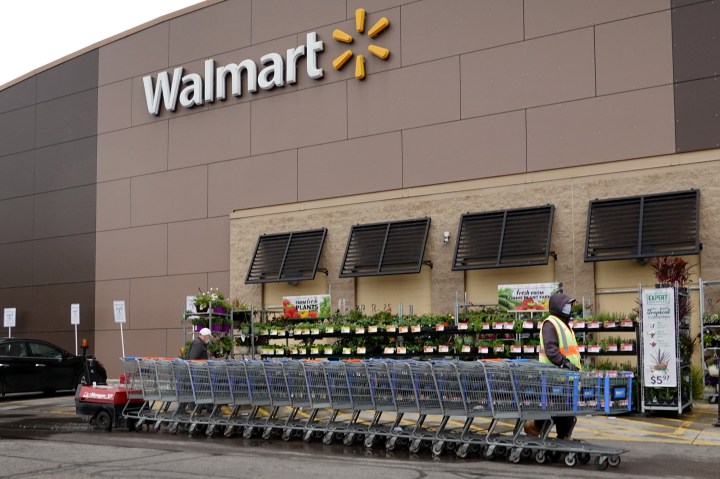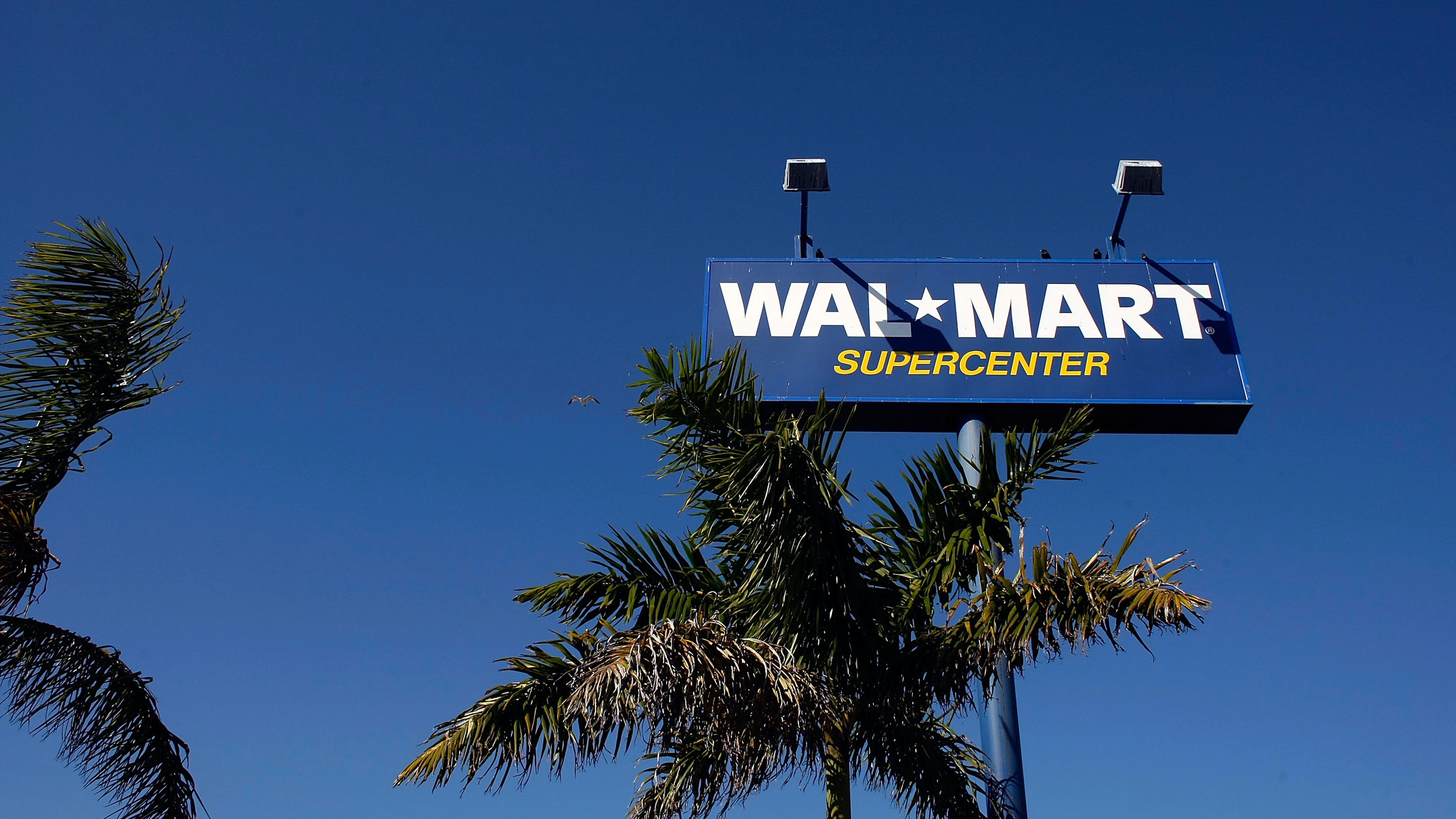
Walmart’s store closures in Chicago highlight the challenges of urban big box retail
Walmart’s store closures in Chicago highlight the challenges of urban big box retail

On Sunday, Walmart will close half of its stores in the city of Chicago. The retailer said that collectively, its stores in America’s third largest city are not profitable, with annual losses that have nearly doubled in the past five years.
Walmart closed stores earlier this year in several other cities, including Albuquerque, Washington, D.C. and Portland, Oregon.
While 90% Americans live within 10 miles of one of its stores, CB Insights analyst Laura Kennedy said that “Walmart’s foundation and home base has never been in cities.”
She says lots of customers go to Walmart for groceries, and the company is hoping they’ll stay to pick up other things like twinkle lights, scented candles or even a sloth mask.
According to Kennedy, in cities, “you’re just going to have less square footage to spread that all out across.”
Customers are also more likely to arrive on foot — meaning people can only buy as many twinkle lights as they can physically carry.
“The basket size is smaller, customers don’t fill up the back of an SUV coming out of an urban store,” said Mark A. Cohen, director of Retail Studies at Columbia Business School. “They grab a couple of items and they leave.”
Cohen says that many big box retailers have struggled in cities where operational costs are often higher, and that it makes sense for stores to close if they’re not making money.
But, they still leave a hole behind when they’re gone, said Ellen Dunham-Jones, a professor of Architecture at Georgia Tech who’s also done consulting work for Walmart.
“If it’s just a little business, it’s still a loss of some of the soul of that neighborhood,” she said. “And when it’s a really large store that meets a lot of one’s needs, that’s a really big hole.”
Dunham-Jones says the loss of access to food and pharmacies is especially hard, particularly in low-income urban neighborhoods where it might not be easy for people to get to the nearest store — even if it’s still less than ten miles away.
There’s a lot happening in the world. Through it all, Marketplace is here for you.
You rely on Marketplace to break down the world’s events and tell you how it affects you in a fact-based, approachable way. We rely on your financial support to keep making that possible.
Your donation today powers the independent journalism that you rely on. For just $5/month, you can help sustain Marketplace so we can keep reporting on the things that matter to you.

















